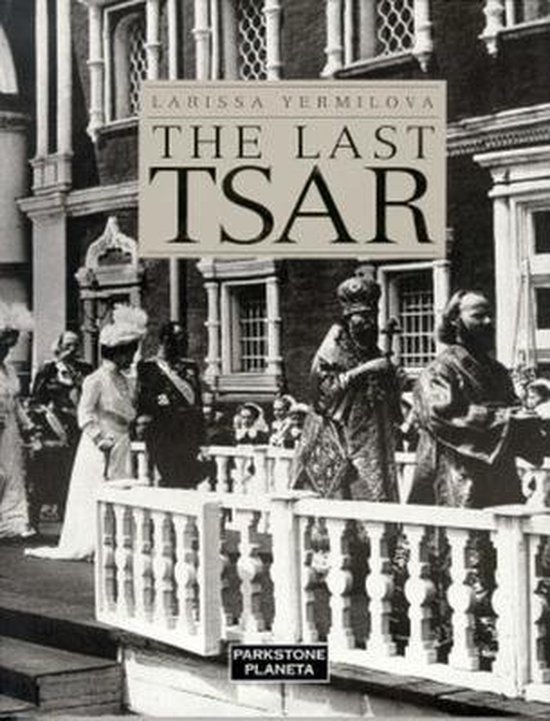
The Last Tsar
-
AuteurLarissa Yermilova
- UitgeverijParkstone Pr
- Jaar-
'The Last Tsar' by Larissa Yermilova is a meticulously researched historical narrative that delves into the final days of the Russian monarchy, focusing on Tsar Nicholas II and his family. This book offers a comprehensive look at the political, social, and personal factors that led to the downfall of the Romanov dynasty. Yermilova's vivid storytelling brings to life the opulence of the Russian court, the turmoil of the Russian Revolution, and the tragic fate of the Tsar and his loved ones. With a keen eye for detail, the author paints a poignant picture of a family caught in the whirlwind of history, making this book a must-read for anyone interested in Russian history or the complexities of power and legacy.
Beschikbare exemplaren
€19.95
GOED
Naam op voorblad geschreven. Verder is het boek in zeer goede staat.
Naam op voorblad geschreven. Verder is het boek in zeer goede staat.